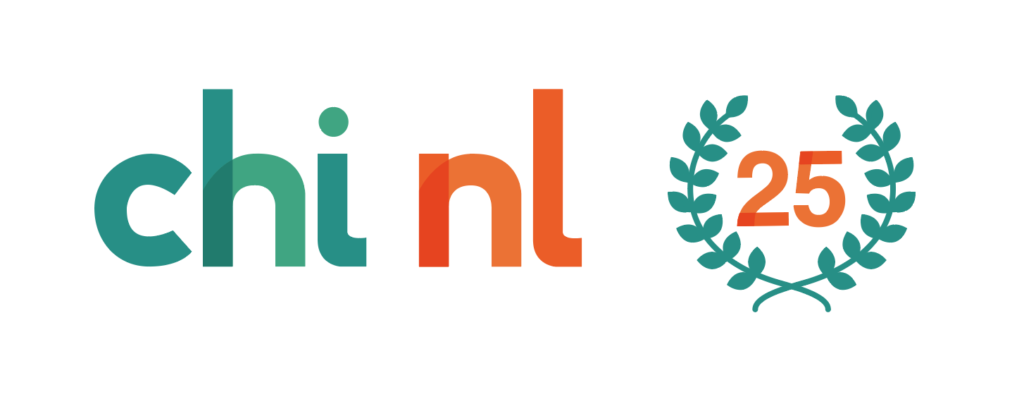Hello everyone! We are very excited to introduce this month’s CHI NL Meet guest Prof. Judith Good, where she shares with us her bio and aspirations! 🙂

What is your name?
Hi, I’m Professor Judith Good.
What’s your current job / occupation?
I’m a professor in human computer interaction at the Informatics Institute, University of Amsterdam.
And what are you currently working on?
Too many things (as usual!).
Creating a research group in HCI from the ground up, the Digital Interactions Lab. I’m very lucky that the Informatics Institute (IvI) at the University of Amsterdam (UvA) has given me this amazing opportunity (and the necessary resources!) to do so. We have a fantastic team taking shape: Hamed Alavi joined the group earlier this year, and I’m looking forward to welcoming three more people in September.
Research wise, I’ve been looking at the ethical implications of remote participatory design with children (which has become increasingly common as a result of the pandemic). I’m also starting to investigate the role of sensory sensitivities and their potential impact on learning, and the ways in which technology might mitigate these impacts.
Finally, I’m passionate about equality, diversity and inclusion, and am leading a new diversity initiative within IvI, whilst also being involved in various initiatives at a national and European level.
What is your proudest achievement so far? Can be anything, professional or otherwise.
I hope it’s still to come: my aim in the coming years is to create a thriving research group in HCI at UvA, with lots of researchers working on issues of real societal importance: that would be a nice legacy!
Which person, paper, or concept has had the biggest influence on your work?
Hanne de Jaegher’s work has really inspired me. The following excerpt, from her 2013 article on Embodiment and sense making in autism, led to a profound shift in my thinking about autism and, consequently, about the way in which I want to engage with disability/neurodiversity in the context of HCI.
“Often, the particularities of the ways in which people with autism behave are seen as disturbed or disruptive and consequently as ‘to be treated away.’ Two questions not generally asked in current research are: why do people with autism move and perceive in the way that they do, and what does this have to do with how they engage with and understand the world, others, and themselves?”
What breakthroughs or developments do you expect in your profession in the next 10 years?
Related to the above, I’m hoping that our changing understanding of disability/neurodiversity can impact the design of new technologies: I’d like to see a radical shift in what/how/why we design.
What have you recently read, watched, or listened to that you would like to recommend to others?
I’ve been reading The Culture Map recently, which looks at the effect of culture on various facets of interaction and communication. Although it is in some sense a light read, it’s made me think quite deeply about the different ways of communicating and interacting, and to become more aware of my own potential cultural biases.
Finally, a chance for self-promotion: what should we read, watch, or listen to so we learn more about your work?
I would love to point you to a recording of my NerdNite Brighton talk entitled, “Social Lies We Tell Ourselves”. It’s a humorous exploration of how so called “neurotypicals” interact socially, and the high(er) standards to which they often hold neurodivergent/disabled people. I’d love to give that talk again: perhaps someone (other than me!) could revive NerdNite Amsterdam?
[You can follow Prof. Judith Good on Twitter: @judithgood]
CHI NL Meet takes place around once a month, where board members Lisa and Abdo invite a member of CHI NL to introduce themselves to the wider SIGCHI community and the world 🌍.

CHI Nederland (CHI NL) is celebrating its 25th year anniversary this year, and we have much in store to acknowledge this occasion. Stay tuned!
